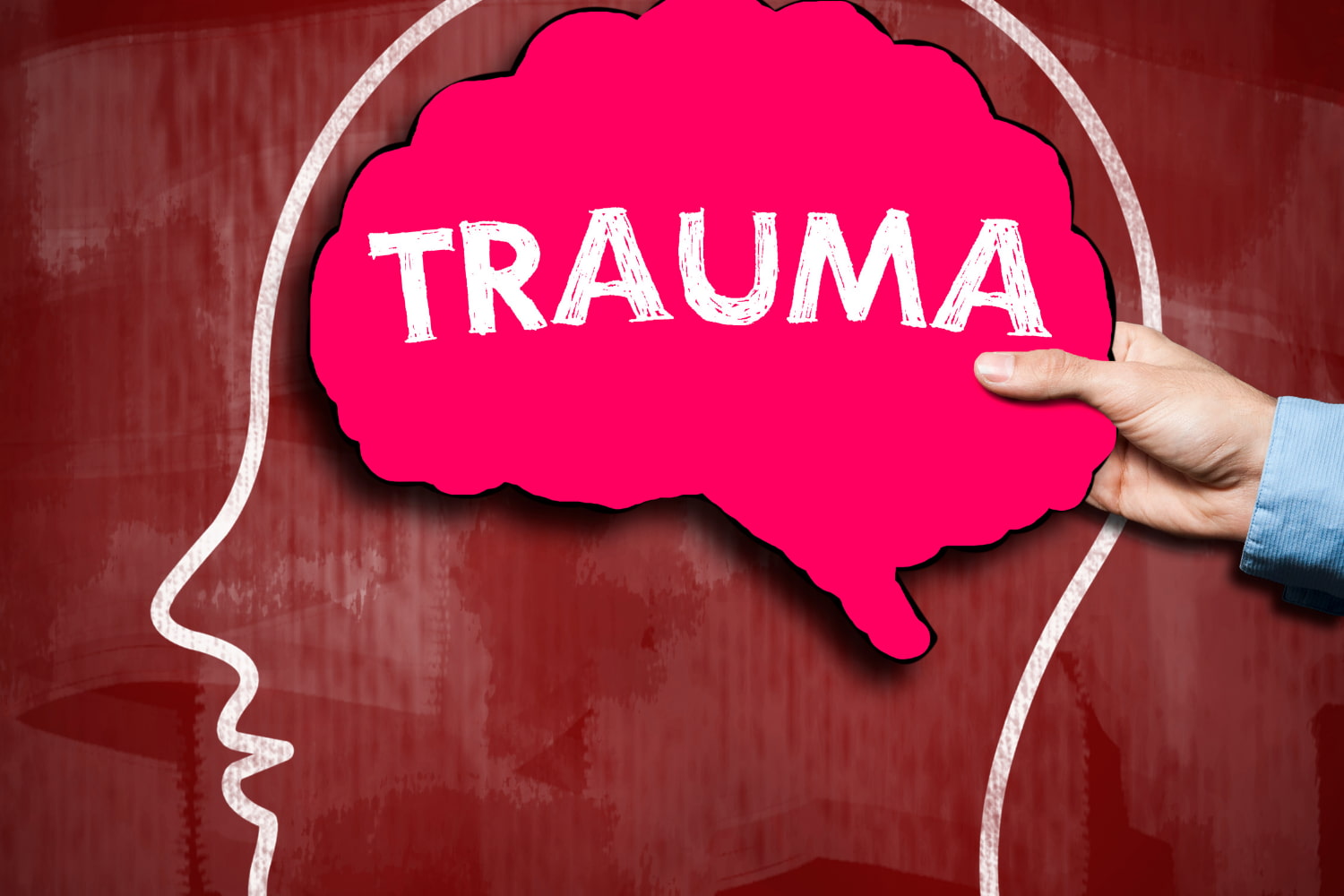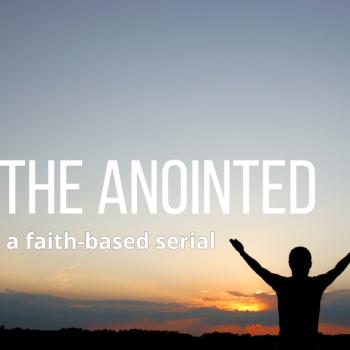
This fourth article in a five-part series discusses the evangelical movement’s stagnation in its youthful phase due to trauma, hindering its maturation to real fatherhood. It advocates for the movement’s evolution from a simplistic youth phase to a complex fatherhood stage, highlighting the necessity of embracing uncertainty, reassessing understandings of God, and fostering an environment of love, comprehension, and inclusive faith.
Evangelical Movement’s Origins and Traumas
In the first three articles about the evangelical movement and its trauma, we looked at how the evangelical movement emerged as a reaction against liberal theology in the United States. As a counter-movement, it has become stuck in the youth phase. I argue that we need to continue growing into the adult phase, or as the Apostle John writes in his second letter, into the phase of fatherhood and motherhood.

From Youthful Absolutism to Paternal Nuance in Evangelicalism
In the youth phase, you tend to think in terms of either/or. Something is either black or white. It’s either right or wrong. In the father phase, there’s increasingly more room for nuance and shades of color. Another term for this is non-dualistic. Someone in the fatherhood phase can connect two seemingly opposite things, creating space. Space for oneself and space for others.
The Evolving Role of Fatherhood: Structure and Freedom
A father knows his children and provides his young ones with rules and his older children with freedom, allowing them to eventually go their own way.
A father is someone who provides structure for young children and creates space for older children so that all his children can grow
Even if this leads to choices he would never make himself, like that tattoo, the tongue piercing, cohabitation, or bungee jumping…

Love’s Capacity to Transform: A Father’s Journey
Like the father who, from a Biblical standpoint, was always against homosexuality. Until one of his daughters turned out to be lesbian, and he suddenly found room in his heart to accept her as she is, without any judgment. His brothers in the church asked him how he could approve of this behavior. All he could reply was, “Love makes room…”
Love makes room. This applies to fathers in families, fathers in congregations, fathers in movements.
Wrestling with God: The Path to Spiritual Fatherhood
Back to wrestling with God. Jacob had to fight with an unknown man in the dark. The God he wrestles with turns out to be very different from the God he carries in his mind. As the morning comes and he steps into fatherhood, something beautiful happens. He has seen God face to face and now carries a renewed image of God within him. He leaves the old image of God on one side of the river. With a new view of who God is, he moves on.
Redefining the Evangelical Image of God
If we, as the evangelical movement, want to make the step into fatherhood, we too must revisit and wrestle with our image of God. In many cases, this might involve a portrait full of razor-sharp lines and powerful angles. Our evangelical picture of God is often so sharp, so straight, that a sort of square, blocky image seems to emerge.
We proclaim, “This is the one, true God,” not realizing that we might have created a distorted image of God
We proclaim, “This is the one, true God,” not realizing that we might have created a distorted image of God. Part of being an adult is that we engage in the struggle, daring to leave behind our distorted image of God, and like Jacob, move on with a new view of who God is.
Confronting the ‘Esau’ Trauma: Maturing in Faith
Jacob stands in the dark on the riverbank. On the other side lies adulthood, but also an unknown and unsafe future. There’s a big brother waiting for him. Jacob has to face his childhood trauma, his betrayal, his fear of Esau, to continue as an adult father.
If we want to mature as a movement, it means we must face our trauma; our fear of uncertainties in faith
As the evangelical movement, we cannot make this crossing yet. If we want to mature as a movement, it means we must face our trauma; our fear of uncertainties in faith. Just as when Jacob meets his ‘trauma’ Esau and an embrace occurs, so we will have to embrace our fear of uncertainties in faith. Crossing the river means that we will complete the process of our childhood trauma and ultimately even dare to let it go.

Creating Space through Healing: The Impact of Releasing Trauma
When we free ourselves from this fear, more space is created for love. Love for God, but also love for others. Space for God, but also space for others. Space for asking questions and for a diversity of insight. We will need this insight because adulthood lies in an unknown land where many things will no longer be so clear. Not clear, but familiar, because here we may get to know God in a new way.
Faith Beyond Certainty: Embracing the Unknown in Evangelicalism
Beyond the river lies the land where we must believe. Until now, as the evangelical movement, we haven’t really had to believe. We have clung primarily to ‘understanding’ and ‘certainty,’ equating this powerful duo with ‘faith.’ ‘Understanding and certainty’ are very tempting for us believers. They give us the emotional affirmation we need.
Meanwhile, we don’t realize that ‘understanding and certainty’ can easily stand in direct opposition to ‘faith,’ especially when our ‘understanding and certainty’ mean we stop seeking who God is beyond that. Faith, at its core, is an attitude of trust amidst our ignorance of God. If you’re sure of who God is, you don’t need to discover Him further.
Faith, at its core, is an attitude of trust amidst our ignorance of God
Realizing that knowing God also involves some ignorance about Him creates space, and perhaps even the desire, to seek Him further. Faith is not the same as certainty, as it transcends certainty. Even when we’re not sure, we still believe! Faith encourages us to create space for more of God’s diversity, even amidst our ignorance.
This article is the fourth in a five-part series.
Read the other parts of this serie on the Evangelical movement:
Part 1: Evangelicalism’s High School Traits: Can Trauma Be the Key?
Part 2: Evangelicals In Crisis: Why We Struggle To Be A Mature Movement
Part 3: Please God Strike Evangelicalism On It’s Hip
Part 5: Why Evangelicalism Needs ‘Limping Courage’ On The Road To Maturity
Have you read some my other articles:
- Three Reasons Why Bible-Believing Christians Don’t Really Exist
- Jesus Dealing With Letters of Complaint: A Parable On Modern Church Leadership
Matt Vlaardingerbroek, a former seasoned church planter and pastor in Holland’s inner cities, brings Bible stories to life through ventriloquism and magic. He’s authored three books, and founded www.creativekidswork.com, providing over 1,500 innovative Sunday school activities worldwide.











